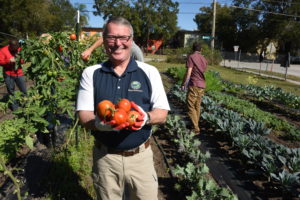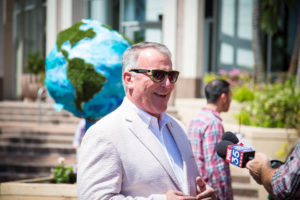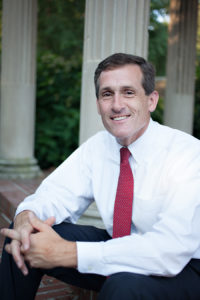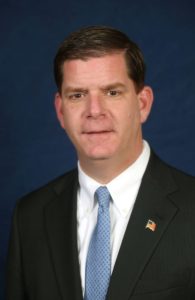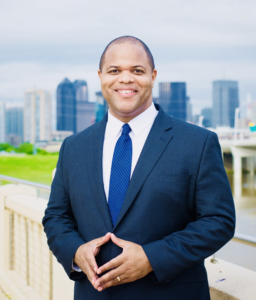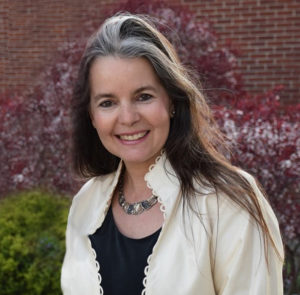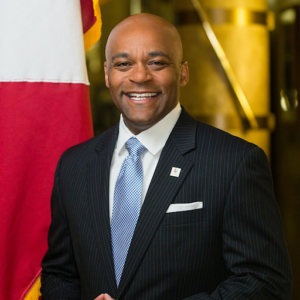
Mayor Michael B. Hancock of Denver began his term in 2011 and will close this chapter in July of 2023. During this time he also served on the Climate Mayors steering committee in 2019. This leadership has set the stage for continued climate innovation in Denver now and in the future.
“As my time as Mayor of Denver comes to a close, I reflect with gratitude on the great opportunity to serve this incredible city and its people. It’s been an honor to work alongside fellow Climate Mayors to drive our collective mission of decarbonizing cities, strengthening environmental justice, and supporting the green transition. The best of Denver’s story is yet to be written, and I am excited to witness its next chapter as a proud resident and advocate for our beloved city.” – Former Mayor Michael B. Hancock
Mayor Hancock’s legacy often focused on making sustainability accessible to individuals within the community. The successes below showcase how sustainable living and policy making was woven into the fabric of a diversity of communities throughout his term.
- Announced the 2021 Climate Protection Fund, which allocated $57 million to climate investments
- Allocated rebates for energy efficient heating and cooling, covering up to 100% of the cost for low income households
- Allocated funding for neighborhoods and small businesses to go green
- Oversaw the Energize Denver building performance ordinance, which has been hailed as the nation’s gold standard to drastically cut buildings’ reliance on fossil fuels
- As of June 2023, the Climate Protection Fund (CPF) fund has committed $172 million in climate investments, and 60% of that directly benefits Denver’s most climate-vulnerable people and communities
- Committed $18 million in community solar, with 30 percent of the power generated allocated to pay bills for Denver Public Schools families with lower incomes
- From 2008 to 2021, Denver reduced its GHG emissions by more than 30%
- Doubled spending on climate across all agencies from 2021 to 2023 (in 2023’s budget, over $150M was dedicated to climate action)
- 833 households have installed or reserved a heat pump through Climate Action Rebates
- 159 Certifiably Green Denver businesses
- Over 100 people enrolled in green workforce training programs
- $300k given out in 2022 to 37 minority and/or women-owned small businesses to fund sustainability projects
- Enacted an ordinance that requires all buildings of 25,000 or more square feet to record their energy usage and report publicly in a format that allows for comparison of energy performance among such buildings
The Climate Mayors organization thanks Mayor Hancock for his commitment to leading in Denver and creating a model for mayors across the U.S.. “We are deeply appreciative of Mayor Hancock’s advocacy for the health and prosperity of all Denver communities. From home electrification rebates to critical investments in solar power, Climate Mayors thanks Mayor Hancock for his inspirational leadership,” said Kate Wright, Climate Mayors’ Executive Director. The former Mayor put people first by prioritizing policy transformation and concrete funding support to ensure residents had equitable access to a more sustainable lifestyle. The ripple effect from the efforts in clean energy, transportation electrification, and green business will be felt for generations to come.
###
For media inquiries please contact climatemayors@fgsglobal.com.

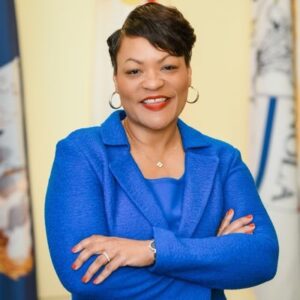
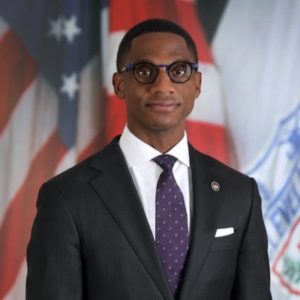



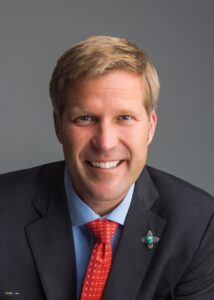
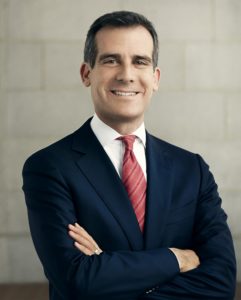
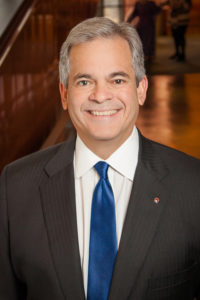
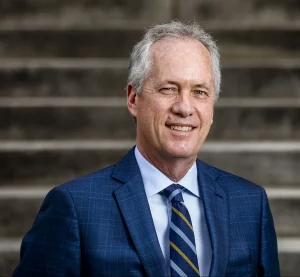
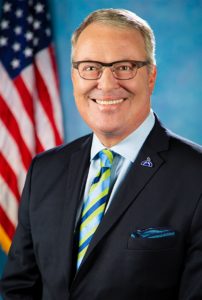 Orlando Mayor Buddy Dyer
Orlando Mayor Buddy Dyer